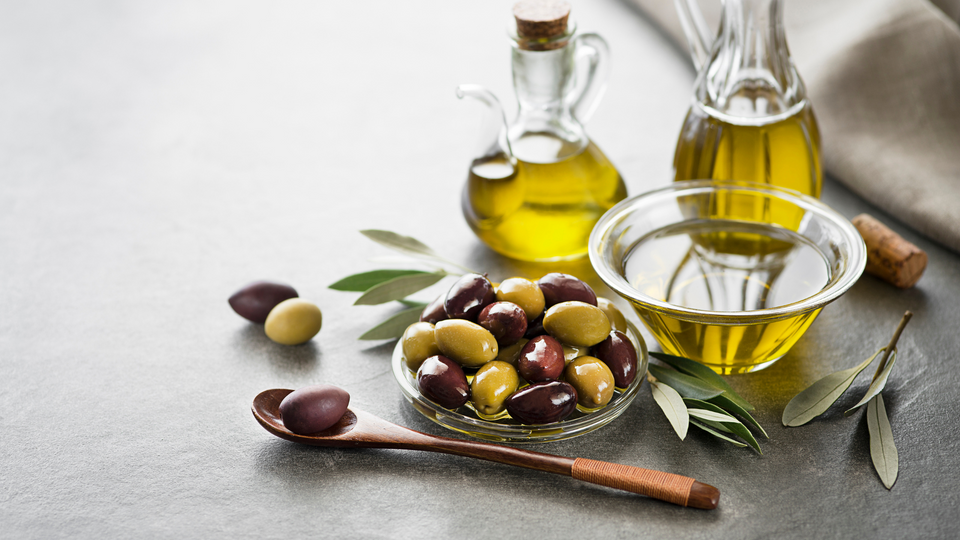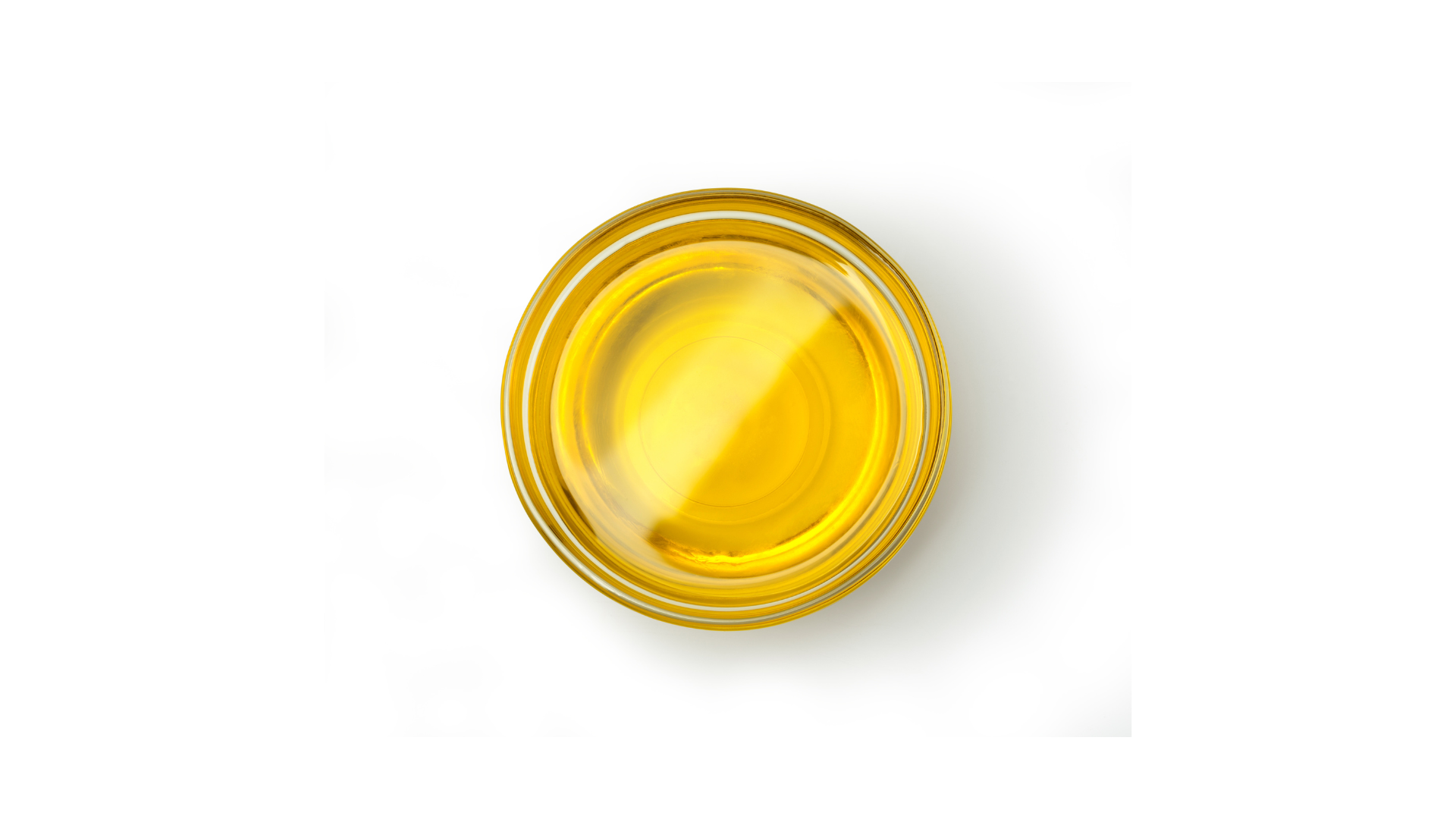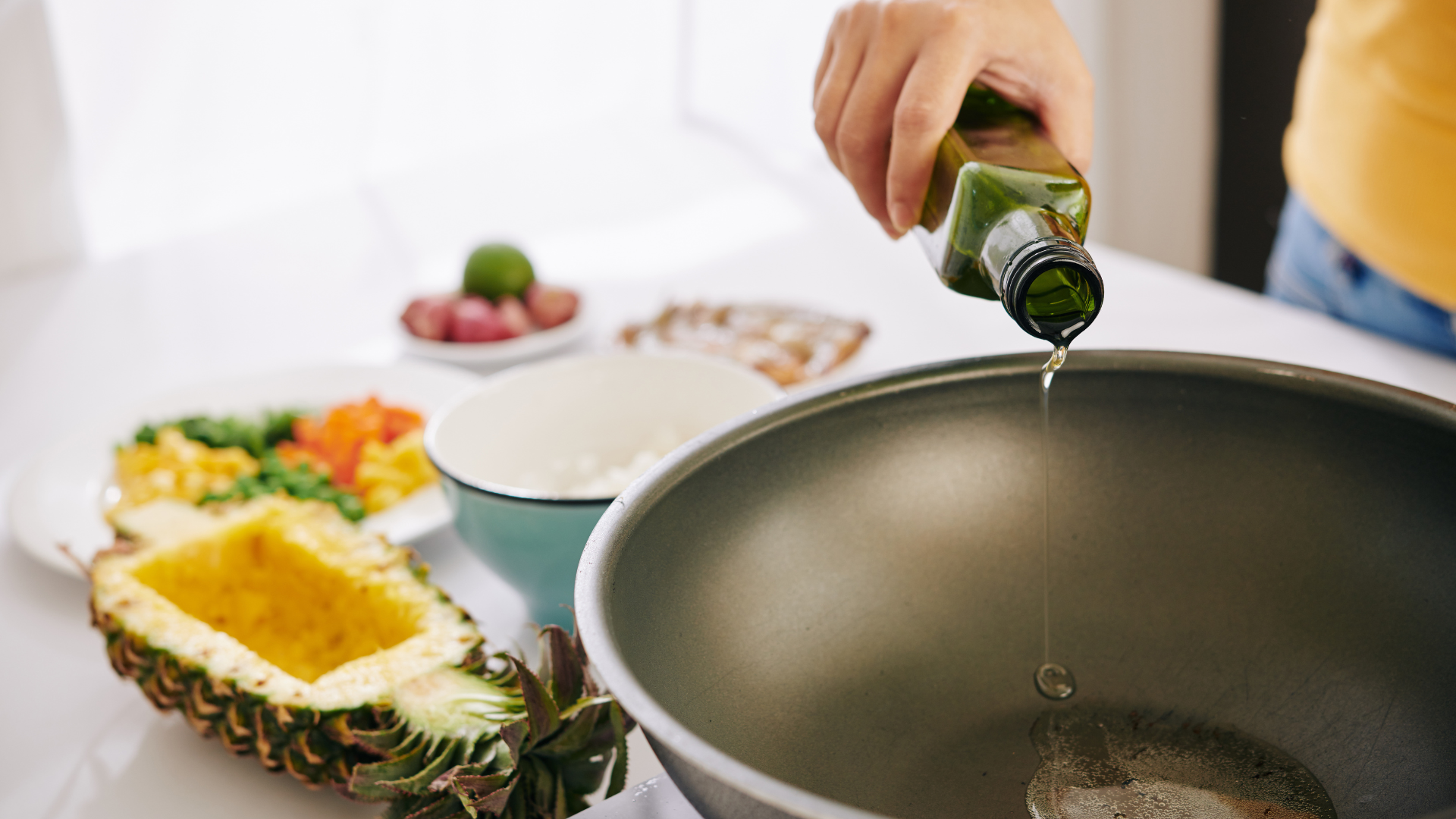Debunking Olive Oil Myths: The Truth You Need to Know

Olive oil has long been celebrated as a heart-healthy cooking oil, thanks to its abundance of monounsaturated fats. However, there is plenty of misinformation surrounding olive oil that can leave consumers confused. In this blog post, I aim to clear up the misconceptions and provide you with accurate information about olive oil. From different grades to cooking suitability and purity concerns, let's delve into the truth behind what you've heard about olive oil.
The Grades of Olive Oil:

Misconception: "Pure" olive oil is the best quality.
Fact: While the term "pure" may sound appealing, it actually refers to the absence of other ingredients or oils in the product. Extra-virgin olive oil, on the other hand, is considered the healthiest due to its higher concentration of polyphenols, beneficial plant compounds acting as antioxidants. "Pure" olive oil has fewer polyphenols but still holds potential health benefits and offers a more neutral flavor.
Misconception: "Light" olive oil has less fat and fewer calories.
Fact: The term "light" in the context of olive oil refers to its flavor, not its fat or calorie content. All olive oils contain the same number of calories and fat grams per tablespoon. However, light olive oil often comes with a lower price tag compared to other grades.
Cooking with Olive Oil:

Misconception: You can't cook with extra-virgin olive oil.
Fact: While extra-virgin olive oil does have a lower smoke point compared to certain cooking oils like canola, it is still suitable for everyday home cooking. It may have a more pronounced flavor compared to other olive oil grades, making it ideal for dressings and sauces. If you prefer a milder taste, opt for light or pure olive oil, or consider using an alternative oil for cooking.
Misconception: Cooking destroys olive oil's benefits.
Fact: Heating olive oil does not cancel out its health benefits. Although it may lose some flavor, the polyphenols naturally present in olive oil remain intact.
Storing and Shelf Life:
To maintain the quality of your olive oil, consider the following tips:
- Opt for darker bottles to protect the oil from light degradation.
- Store olive oil in a cool, dark place such as a cabinet.
- Use it within 1-3 months once opened for optimal flavor and freshness.
When it comes to olive oil, it's important to separate fact from fiction. Understanding the different grades, debunking misconceptions about cooking suitability and purity concerns, and learning proper storage techniques will help you make informed choices about the olive oil you use in your kitchen. Enjoy the benefits of this versatile and heart-healthy oil by incorporating it into your cooking and culinary creations with confidence.
P.S. While olive oil is undeniably a healthy choice, it's important to remember that it is also calorie-dense. With approximately 120 calories per tablespoon, it's crucial to be mindful of portion sizes to avoid excessive calorie intake. Incorporating olive oil into your meals can provide numerous health benefits, but moderation is key. Be mindful of the amount you use in your recipes and consider balancing it with other sources of healthy fats in your diet. By practicing portion control, you can enjoy the goodness of olive oil while maintaining a balanced and nutritious eating plan.